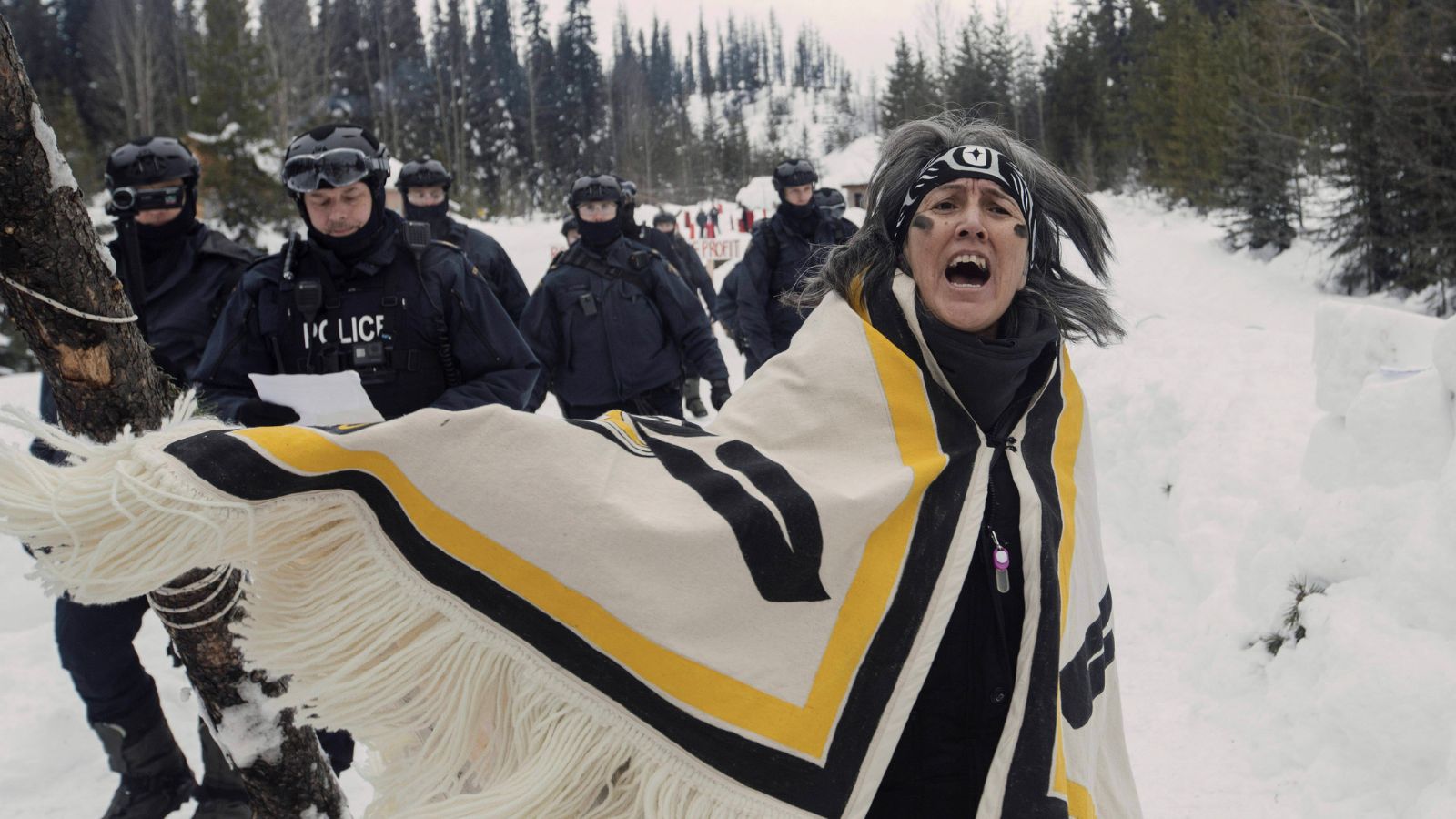Correction: An earlier version of this article stated that offshore wind in the East Sea region could generate 26,142 PJ of power by 2037. To clarify, this projection refers to power generation during the oil and gas extraction period for the Blue Whale project (~2065), assuming the technical potential is achieved by 2037.
New report warns about the dangers of South Korea's controversial ‘Blue Whale’ project, expected to have a 1,754 billion USD carbon cost
January 15, 2025 (SEOUL) – South Korea’s energy transition comes under threat, exacerbated by both the political crisis sparked by President Yoon's declaration of a martial law and the controversial development of the East Sea deepwater gas fields for local supply. This comes as exploratory drilling began at the “Blue Whale” site in December 2024, following President Yoon’s approval of the project in June 2024. A new issue brief from the Solutions for Our Climate (SFOC) warns that the project, which could incur significant carbon costs of up to 1,754 billion USD (2,416 trillion won), presents long-term environmental and financial risks for South Korea.
According to the report, the East Sea deepwater gas field development is at odds with global trends in energy demand and South Korea’s own energy transition goals. Global oil and gas demand is declining, with projections by the International Energy Agency (IEA) estimating a 79% decrease in global gas demand and 77% decrease in oil by 2050. Also, South Korea has pledged to reduce its reliance on gas, with plans to cut gas energy generation to 52% by 2038. The new oil and gas development project leaves Korea behind the global trend of phasing out fossil fuels.

Figure 1: Carbon cost by expected production of East Sea gas field by year (Image credit: SFOC)
Furthermore, the East Sea holds vast untapped potential for offshore wind power generation, an alternative energy source that could significantly contribute to South Korea’s decarbonization efforts. The technical potential of offshore wind power generation along the coastlines of the East Sea corresponds to 38% (222 TWh) of South Korea's total electricity generation in 2023, which was 588 TWh. According to the issue brief, the East Sea gas field development would likely delay or overshadow investment in the renewable energy sector. Projections indicate that the power generation from offshore wind in the East Sea region during the period of the oil and gas extraction for the Blue Whale project (~2065) could generate 26,142 PJ, assuming that technical potential can be achieved around 2037. This is 26% more than the estimated output of the gas field project, which is expected to produce a minimum of 20,754 PJ.
The financial outlook for the project is also uncertain. Global financial institutions, increasingly focused on sustainable investments, are hesitant to back new oil and gas projects. Major players in the financial sector, 26 banks, accounting for 52% of the world’s top 50 banks, and 13 insurance companies, accounting for 26% of the world’s top 50 general insurers, have already restricted investments and insurance for new oil and gas projects. Even if the gas field reserves and profitability are confirmed, attracting investment for full-scale development will likely be challenging.
As political instability continues to ripple through South Korea, the development of the East Sea deepwater gas field raises serious questions about the nation’s energy future and its commitment to sustainable energy solutions.
Dongjae Oh, Head of Gas at Solutions for Our Climate said:
“The development of oil and gas fields cannot guarantee economic viability and sustainability due to high costs, climate and environmental risks, and the gap with the global energy transition trend. The outdated belief that oil and gas development equals energy security may cause a failure to seize the future by betting on a fading market.”
ENDS.
Solutions for Our Climate (SFOC) is an independent nonprofit organization that works to accelerate global greenhouse gas emissions reduction and energy transition. SFOC leverages research, litigation, community organizing, and strategic communications to deliver practical climate solutions and build movements for change.
For media inquiries, please reach out to Yi Hyun Kim, Communications Officer, at yihyun.kim@forourclimate.org.
Share this insights




























![[Brief] South Korea’s international public finance continues to block a just energy transition](https://content.sfoc.tapahalab.com/images/research/RC5Kime.jpg)












![[토론회] 한국형 녹색분류체계(K-Taxonomy), 무엇이 녹색경제활동인가](https://content.sfoc.tapahalab.com/images/research/bn8jdme.jpg)
![[이슈 브리프] 탄소포집, 이용 및 저장기술(CCUS) 현황과 문제점](https://content.sfoc.tapahalab.com/images/research/SWESdme.jpg)








